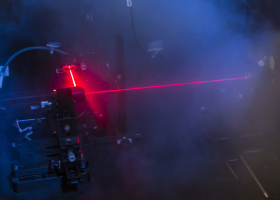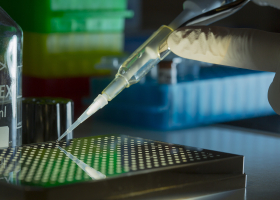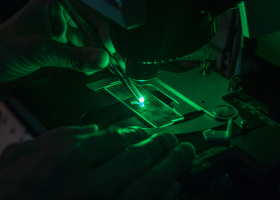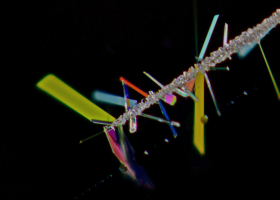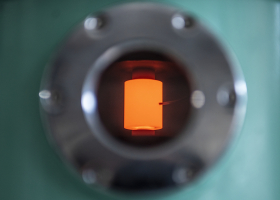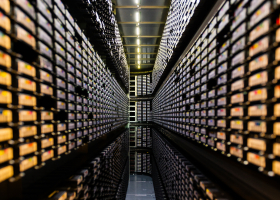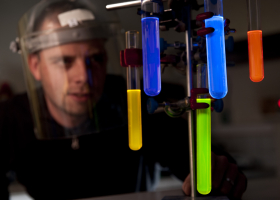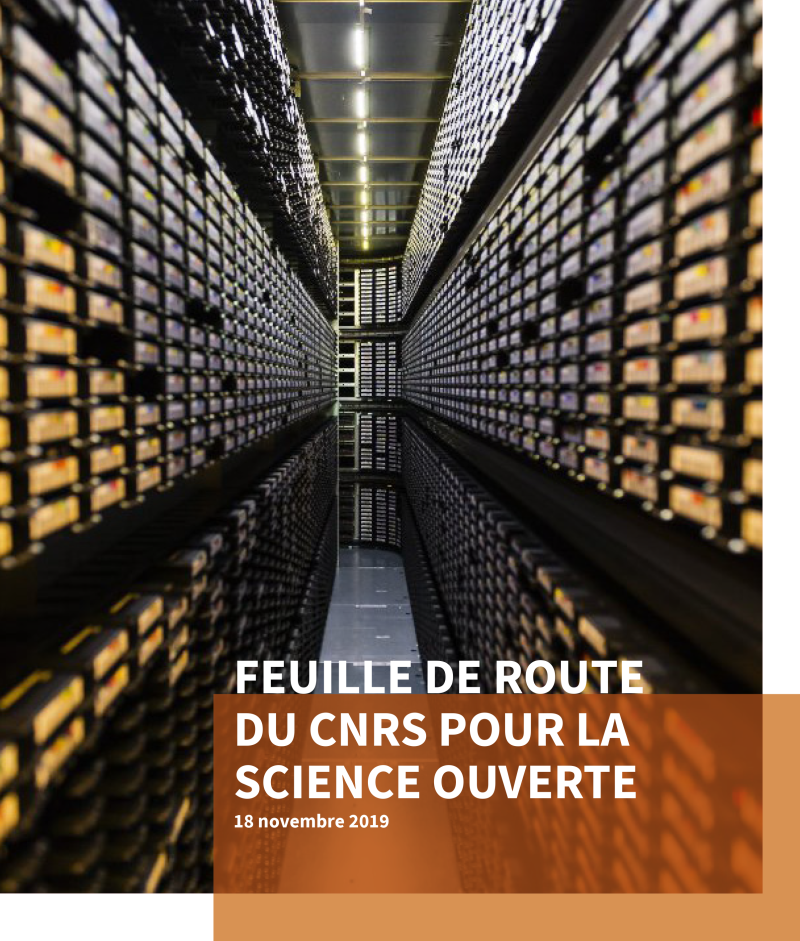This research infrastructure is based on a technique related to NMR. It networks the advanced electronic paramagnetic resonance equipment (imaging, pulsed EPR, etc.) of French laboratories and the expert teams in this technique to accommodate users. The research carried out within the IR allows the study of complex systems (materials, environments, biomolecular systems, rocks and natural environments etc.) in the fields of energy, environment, life, health, ICTs, but also cultural heritage. The IR platforms demonstrate academic openness, but have also forged links with industrial companies such as Total, Hutchinson, Sanofi, l’Oréal. They also maintain collaborative projects with the Cnes and IRSN.
